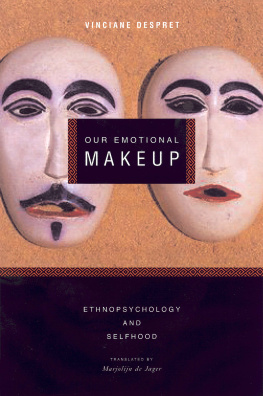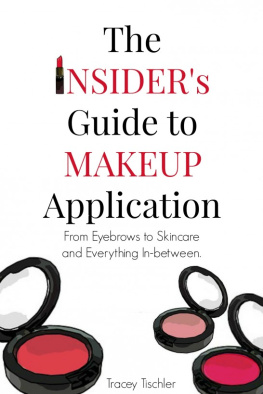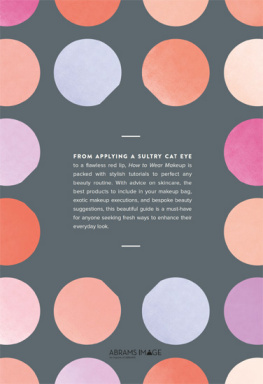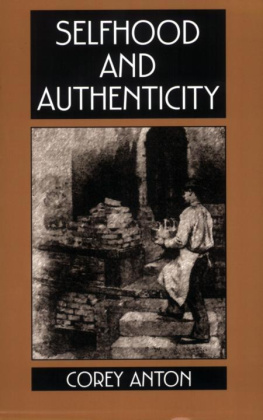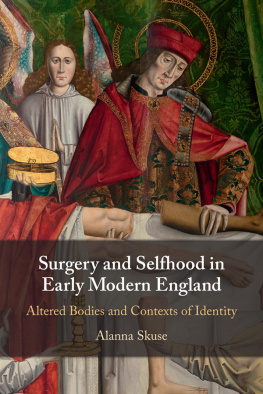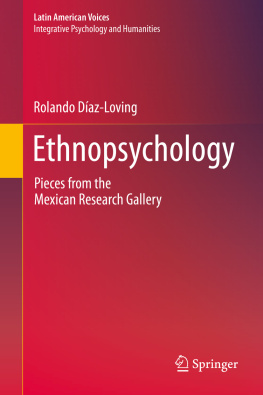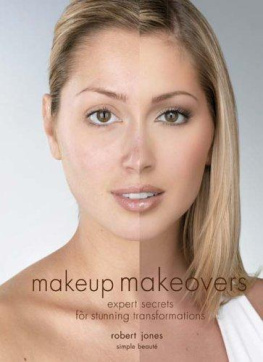Vinciane Despret - Our Emotional Makeup: Ethnopsychology and Selfhood
Here you can read online Vinciane Despret - Our Emotional Makeup: Ethnopsychology and Selfhood full text of the book (entire story) in english for free. Download pdf and epub, get meaning, cover and reviews about this ebook. year: 2021, publisher: Other Press, genre: Religion. Description of the work, (preface) as well as reviews are available. Best literature library LitArk.com created for fans of good reading and offers a wide selection of genres:
Romance novel
Science fiction
Adventure
Detective
Science
History
Home and family
Prose
Art
Politics
Computer
Non-fiction
Religion
Business
Children
Humor
Choose a favorite category and find really read worthwhile books. Enjoy immersion in the world of imagination, feel the emotions of the characters or learn something new for yourself, make an fascinating discovery.
- Book:Our Emotional Makeup: Ethnopsychology and Selfhood
- Author:
- Publisher:Other Press
- Genre:
- Year:2021
- Rating:3 / 5
- Favourites:Add to favourites
- Your mark:
- 60
- 1
- 2
- 3
- 4
- 5
Our Emotional Makeup: Ethnopsychology and Selfhood: summary, description and annotation
We offer to read an annotation, description, summary or preface (depends on what the author of the book "Our Emotional Makeup: Ethnopsychology and Selfhood" wrote himself). If you haven't found the necessary information about the book — write in the comments, we will try to find it.
Our Emotional Makeup: Ethnopsychology and Selfhood — read online for free the complete book (whole text) full work
Below is the text of the book, divided by pages. System saving the place of the last page read, allows you to conveniently read the book "Our Emotional Makeup: Ethnopsychology and Selfhood" online for free, without having to search again every time where you left off. Put a bookmark, and you can go to the page where you finished reading at any time.
Font size:
Interval:
Bookmark:
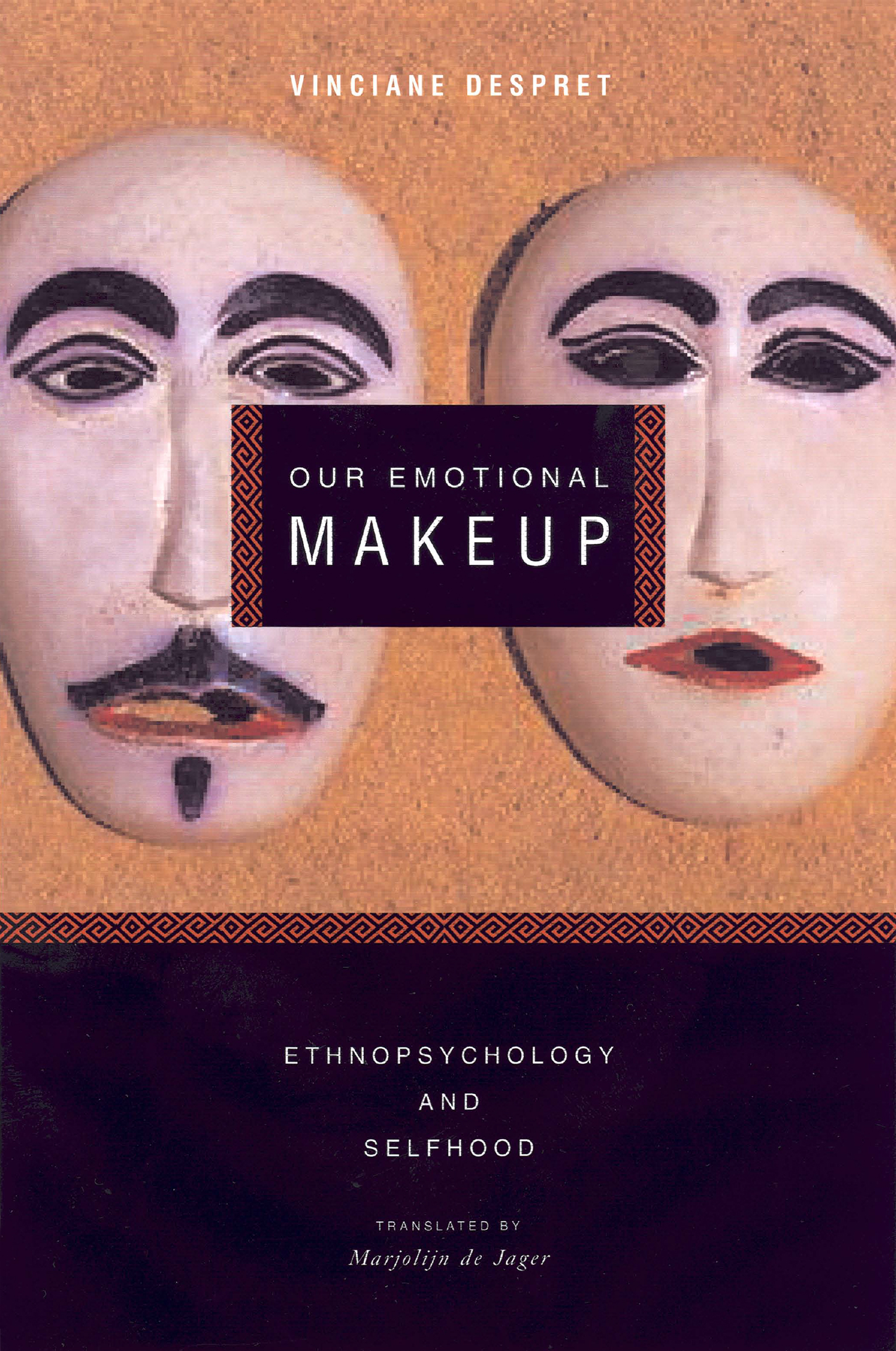
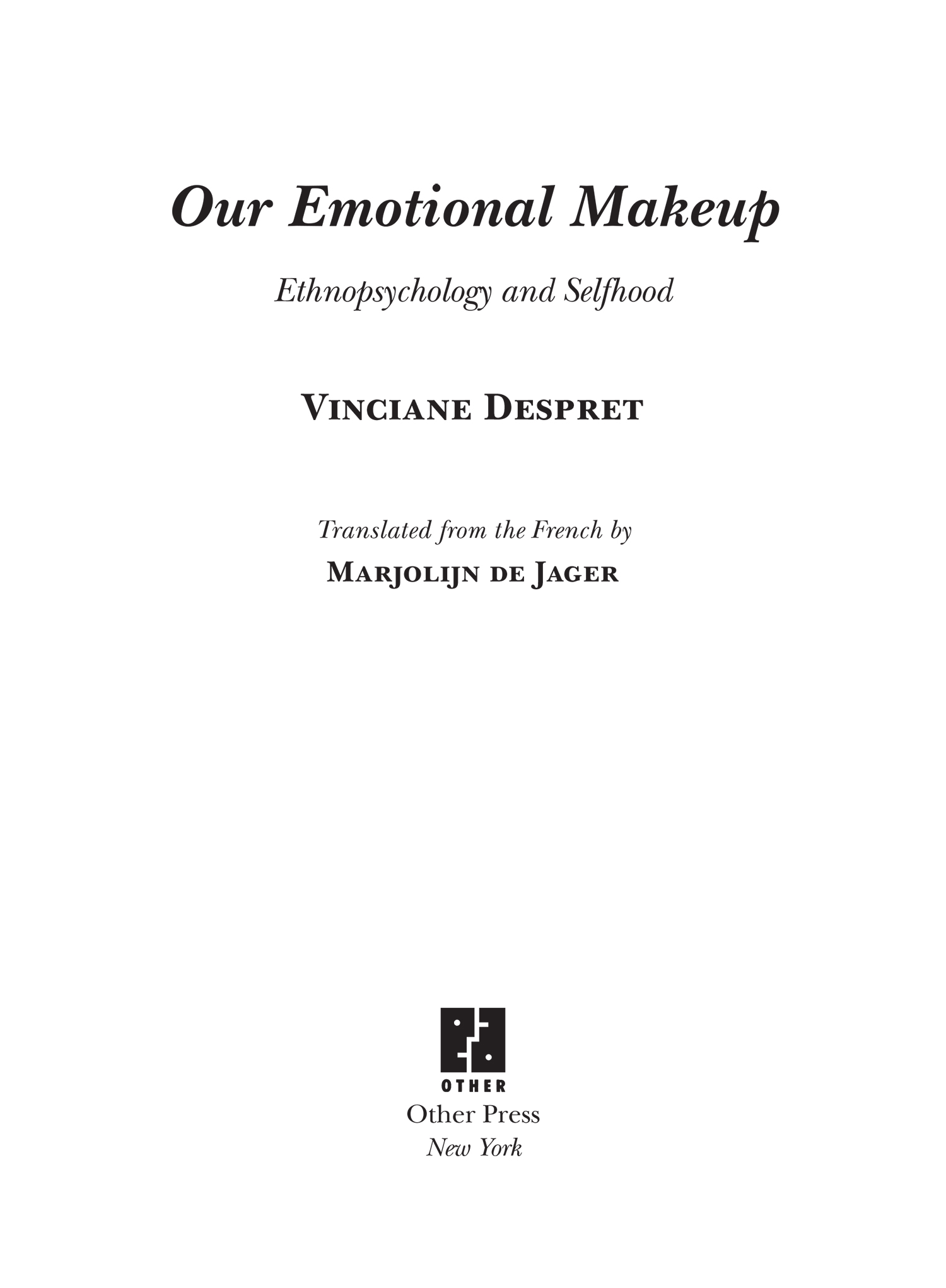
Copyright Les Empcheurs de penser en rond/Le Seuil, 1999 et 2001
Translation copyright 2004 Marjolijn de Jager
Production Editor: Robert D. Hack
Ebook ISBN9781635421415
All rights reserved. No part of this publication may be reproduced or transmitted in any form or by any means, electronic or mechanical, including photocopying, recording, or by any information storage and retrieval system, without written permission from Other Press LLC, except in the case of brief quotations in reviews for inclusion in a magazine, newspaper, or broadcast. For information write to Other Press LLC, 267 Fifth Avenue, 6th Floor, New York, NY 10016. Or visit our Web site: www.otherpress.com.
The Library of Congress has cataloged the printed edition as follows:
Despret, Vinciane.
[Ces motions qui nous fabriquent. English]
Our emotional makeup : ethnopsychology and selfhood / by Vinciane
Despret; translated from the French by Marjolijn de Jager.
p. cm.
Includes bibliographical references and index.
ISBN 978-1-59051-036-0 (hardcover : alk. paper)
1. Ethnopsychology. 2. Emotions. 3. Identity (Psychology). I. Title.
GN502 .D4713 2004
155.82dc22
2003024218
a_prh_5.6.1_c0_r0
To Jean-Marie Lemaire
To Jules-Vincent
Without Marco Mateos, Didier Demorcy, and Isabelle Stengers, translating emotions would not have been possible. I thank them for having devoted so much time to me and for having helped me with such enthusiasm and friendship in constructing the renditions. My gratitude goes once again to Isabelle Stengers, to Bruno Latour, and to Philippe Pignarre for the infinite patience with which they readsometimes repeatedlyseveral versions of this story while commenting, criticizing, encouraging, reactivating, and changing them. Each time they gave me renewed courage to go back to work.
I thank my parents and my son, Jules-Vincent, for their unconditional support.
The Twelfth Camel
They say that anthropologists return from distant regions that are as varied as the Western Pacific islands, the icy lands of Alaska and Japan, from the heart of the Egyptian desert or certain countries in Black Africa, with new emotions that are unknown to us. These new emotions, which furthermore they say are difficult to translate, have strange names such as song, metagu, amae, ikari, and many others, too. Our souls do not seem to be familiar with them, although if we make an effort to give them names in our own language, they resemble certain emotions we do know, such as fear, justifiable anger, or the feeling a child has when cuddled by its mother. But, the anthropologists say, these emotions are accessible to us only with difficulty and we cannot fully understand them without re-creating the world that gave rise and meaning to them.
Because they probe the souls of those whom they address, these anthropologists are called ethnopsychologists, thereby suggesting that the souls themselves could differ depending on the cultures that accommodate them. They tell us that some of the emotions we know and have always thought to be universal, such as anger, seem to be unknown elsewhere. More incredible yet, it would appear that some of our emotions, precisely those we thought to be natural, archaic, or biological, those we thought were imprinted in the communal depths of our nature, do not exist for others unless they have been cultivated. For example, if parents do not make sure they teach these to their children, they run the risk of never emergingas is the case with fear.
Thus, it would seem that our emotions, which to us have always been so obvious, so internal, so natural, so biological, so exuberant, the very authenticity of which fascinates us, are very differently composed for others. It even seems that the questions we direct at our emotions, that the way in which we usually question ourselves in order to define or explain them, do not make much sense to the souls of other cultures. Ethnopsychologists say that you cannot ask an Ifaluk or a Chinese to respond to a question about feelings by mentioning what happens inside his head, because for him that is not how he thinks about emotions. Some also say that you cannot ask these peoples if emotions are natural or if they are authentic, because the question is not posed in those terms, indeed, may not even be posed at all. And if you were to ask them to discuss the relationship between emotion and reason, it is highly likely that they would look at you in astonishment and would think that Westerners certainly are preoccupied with very strange things.
The quest that leads us to investigate others then comes back to us with surprising results: the contrast it creates undermines the sense of obviousness with which we have thought of our emotions until now. We define them as natural, authentic, and universal, we oppose them to reason, and that is precisely how we take them seriously, how it seems that they are bound to be vital to our experience. When the light of contrast is shed on them, we come to see that these characteristics actually constitute the way in which we cultivate these emotions: nature then becomes that which we cultivate, authenticity what we construct, and universality that which sets us apart.
We can then begin to understand the apparently surprising fact that our questions cant make much sense to those who are queried by the ethnopsychologist; that we cant expect much if we ask an Ifaluk to tell us about emotion as an experience over which reason has no power whatsoever, a Chinese man to describe to us what happens at the most personal level when he is moved, or a Japanese to speak of an authentic I that should emerge when he has emotional experiences. The contrast between the fact that these questions make sense to us and dont do so in the same way to others, can, in turn, guide our scientific practices on the road of reflexivity.
The first moment of this reflexive return actually appears in the form of a paradox. How can what we think of under the sign of personal evidence at the same time be the object of such examination, such intense interest, to the point that we even go so far as to question others in order to define emotion? How can what we think of as so obvious be the object of such an incredible accumulation of theories, proliferation of written work, definitions, explanations, and controversies? Many of my scientific friends, whom I told that I wanted to study the problem of emotions, answered me laughingly, Emotions? You dont know what youre getting into! Nobody has managed to come to any agreement yet. There are as many theories as there are theoreticians, and in the end no one knows what they are. The fact that scientists confirm that no one knows what they areand here lies the paradoxshould be a cause for laughter: Is emotion not precisely that which we all know? How can we claim that no one knows what it is when our culture is characterized by the intensity of its interest in this area? It is enough to see how our novels, films, poems, and our most ancient tragedies are filled with it. It is enough, also, to listen to the way in which each one of us talks about it. Pushed to the extreme, would this affirmation not mean, then, that we all know what an emotion is and that only scientists would have no access to this knowledge? Our psychologists have not made us accustomed to such modesty: this is not the way we should interpret it. On the other hand, we could understand this assertion by paying some attention to what the word know might mean in no one knows what emotions are. Perhaps the possibility of finding a definition that will make everyone happy can develop a theory to settle all the controversies, which comes into play in the way whose knowing defines what puts it in check. A unique feature of some of our practices then immediately appears. Admittedly, they are heir to the intensity of our interest in emotion. But their dream or ambition seems to go contrary to what we cultivate in our novels, plays, poetry, or films: there where we seek to increase emotions ways of being, there where we passionately explore the many ways in which the causes and their evolution vary, science would strive to find the right cause, the right theory, and the right definition. Hence the incredible proliferation of research, certainly consistent with the intensity of the interest, but apparently paradoxical where stabilizing cause and definition is concerned; hence also the incessant construction of tools or questionnaires and the continual production of always controversial theories.
Font size:
Interval:
Bookmark:
Similar books «Our Emotional Makeup: Ethnopsychology and Selfhood»
Look at similar books to Our Emotional Makeup: Ethnopsychology and Selfhood. We have selected literature similar in name and meaning in the hope of providing readers with more options to find new, interesting, not yet read works.
Discussion, reviews of the book Our Emotional Makeup: Ethnopsychology and Selfhood and just readers' own opinions. Leave your comments, write what you think about the work, its meaning or the main characters. Specify what exactly you liked and what you didn't like, and why you think so.

